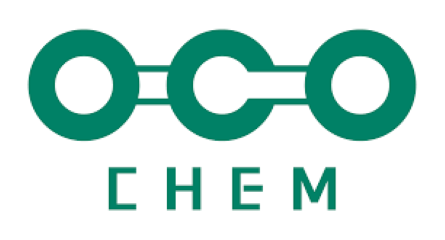The plant will use OCOchem’s Carbon FluX Electrolyzer technology to convert biogenic CO₂ from ADM’s ethanol production into formate molecules

OCOchem, a rapidly scaling pioneer in CO2 electrolysis and conversion technologies, announced a production partnership with ADM, a global leader in human and animal nutrition and bio-based solutions, to construct a first-of-its-kind field demonstration plant at ADM’s corn processing complex in Decatur, Illinois.
The plant will use OCOchem’s Carbon FluX Electrolyzer technology to convert biogenic CO₂ from ADM’s ethanol production into formate molecules — versatile building blocks for a wide range of consumer and industrial applications. Construction is scheduled to begin later this year, with completion targeted by end 2026.
“This partnership with ADM marks a pivotal step in bringing OCOchem’s CO2 electrolysis process to commercial scale,” said Todd Brix, Co-Founder and CEO of OCOchem.
“Together, we can begin meeting growing demand for carbon-negative, biogenic formate products at competitive market prices, while demonstrating the economic and technical viability of large-scale CO₂ conversion.”
Kris Lutt, President of Sustainable Materials and Strategic Initiatives at ADM, added: “OCOchem’s innovative CO₂ conversion technology aligns with ADM’s strategy to lead in industrial carbon management and sustainable molecule production. This collaboration highlights how CO₂-derived formates can emerge as cost-competitive, next-generation C1 platform chemicals — enabling lower-carbon supply chains and unlocking new value across the bio-based economy.”
Under the agreement, OCOchem will deploy modular Carbon FluX electrolyzer systems at ADM’s facility, converting water and captured CO₂ into carbon-negative formates. These molecules and their derivatives — including formic acid, potassium formate, and ethyl formate — can replace fossil fuel-based alternatives in applications such as: crop protection and fertilizers, biomass upgrading, water treatment, industrial solvents and cleaning products and pharmaceutical ingredients, flavors, and fragrances.
By leveraging biogenic CO₂ and renewable energy, the process ensures that all products are carbon-negative, contributing directly to decarbonization goals.
“This facility will stand as one of the world’s first scaled, modular CO2 conversion plants,” added Brix. “It will demonstrate how captured CO₂ can be transformed into valuable, carbon-negative molecules — turning the world’s most abundant waste product into a critical feedstock for sustainable growth.”
Subscribe to our newsletter & stay updated.